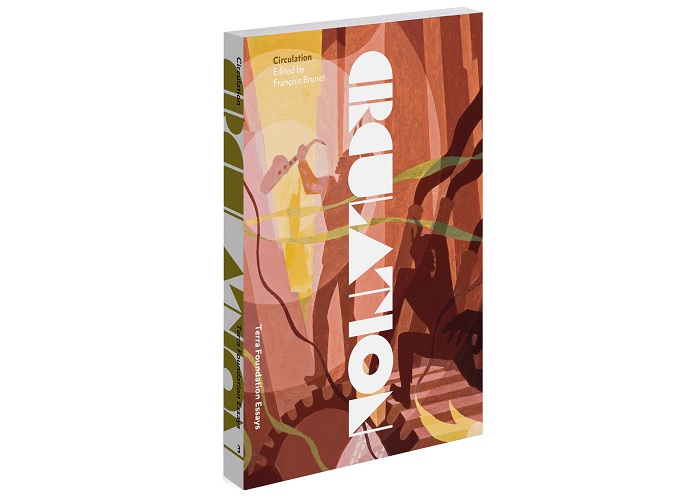June 7 & 8, 2017
Collège Franco-Britannique, Paris
Held in connection with the release of the third volume of the Terra Foundation Essays, Circulation, edited by François Brunet (Université Paris Diderot-Paris 7), these study days enlarged upon the main argument of the book: that American art works and pictures have existed and produced meaning by moving. On this occasion, French and US specialists working in the areas of decorative arts, photography, magazines, sculpture, popular culture, and technology gathered to discuss how the circulation of images has been, from the eighteenth century to the present, a shaping and distinctive factor in the history of American Art. In this context, circulation was understood in the broadest sense: spatial, temporal, commercial, international, and intermedial. In particular, speakers considered how writing this history of continuous mobility becomes ever more relevant in the digital era.
This event was organized in partnership with Université Paris Diderot-Paris 7, Laboratoire de Recherche sur les Cultures Anglophones (LARCA), CNRS, Université Paris Nanterre, and Laboratoire Histoire des Arts et des Représentations (HAR).
The audio files below contain all of the presentations, organized by day. Please click here to view and download the complete program.
June 7, morning: welcome by François Brunet and Francesca Rose & “The Birth of a Democratic Project: Disseminating the Arts in the Early Nineteenth Century” panel chaired by Ségolène Le Men:
June 7, afternoon: “Circulation and Non-circulation” panel chaired by Hélène Valance:
June 8: “How Tomorrowland Became Today: Disneyland, Transport, and Circulation as Aesthetic in the Jet Age” presentation by Vanessa Schwartz & roundtable discussion with Catherine Bernard, François Brunet, and Hélène Valance:


